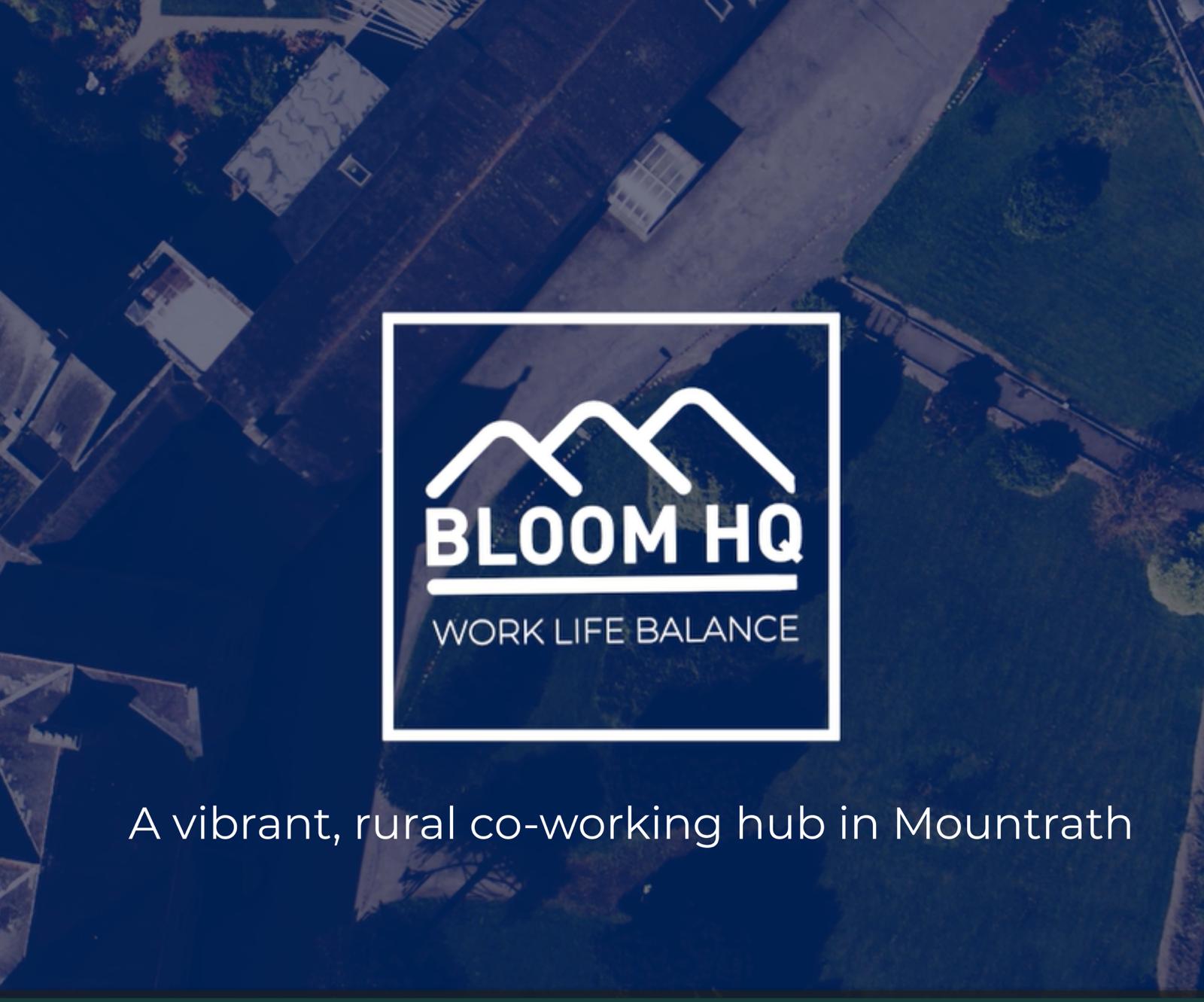Over the past two articles in this series, we’ve looked at Post Leaving Cert (PLC) courses and Apprenticeships as strong alternatives to the CAO route for Leaving Cert students.
In this final instalment, we turn our attention to Traineeships, a lesser-known but equally valuable option.
Like PLCs and Apprenticeships, traineeships combine learning and practical skills, but they offer their own unique blend of classroom study and workplace experience, tailored to meet the needs of specific industries.
They are free to access, and can open doors to employment or further study.
What Is a Traineeship?
A traineeship is a structured programme, lasting between six and twenty months, which combines formal learning with practical work experience.
At least 30% of a traineeship is spent in a workplace, applying what is learned in the classroom to real-world situations.
Most traineeships lead to recognised qualifications from QQI (Quality and Qualifications Ireland), City & Guilds, or industry-specific bodies.
What is on offer?
From agriculture to animation, Ireland’s traineeships cover an extraordinary breadth of industries, offering over 75 options nationwide.
Programmes range from horticulture, animal care, healthcare and business, to construction, engineering, hospitality, ICT, transport, manufacturing, media, retail, sports, leisure and tourism. See here for full list.

Where?
Programmes are developed and delivered in collaboration between Ireland’s 16 Education and Training Boards (ETBs) and local employers, ensuring that what is taught matches what is in demand.
Each ETB covers a specific region. The network is designed to make opportunities accessible, even for those in rural areas.
For example, an ETB headquartered in one town may have several satellite centres and partner venues across the county, so commuting is easier for students without their own transport.

All programmes are designed with flexible delivery in mind, catering for a mix of online, face-to-face, or blended learning.
It is important to note that not all of Traineeship Programmes listed above are available nationally at all times.
Specific information is available from your local ETB and here is a good place to check out opportunities currently available.
Are there fees?
One of the biggest advantages is that traineeships are free. The programmes are co-funded by the Irish Government and the European Social Fund, so there are no tuition fees for participants.

However, unlike apprenticeships, traineeships don’t generally come with a wage, although, depending on your circumstances, you might qualify for a training allowance or be able to keep certain social welfare payments while training.
Your local ETB can provide advice tailored to your situation and Citizens Information is a great resource too.
Who Can Apply?
While school leavers make up a large proportion of participants, traineeships are open to anyone over 16, including adults looking for a career change, people returning to the workforce, or those wanting to upskill.

Why Choose a Traineeship?
There are several reasons why a traineeship can be a smart move:
- Hands-on learning: You are not just reading about the job, you are doing it.
- Employer connections: You train with businesses in your chosen industry, which can lead to job offers.
- Flexibility: Many traineeships are delivered through a mix of online, in-person, and blended learning, making them accessible for people with other commitments.
- Career direction: Traineeships can help you confirm whether a field is the right fit before you commit to longer or more expensive training.
- Qualification: they lead to a QQI award from Level 4 to Level 8.

Questions to Ask Yourself Before You Apply
1 – Career Fit
Does this traineeship align with the career I want?
Are the skills transferable to other industries if I change direction?
2 – Course Content
What modules or topics are covered? How much time will I spend in the workplace and in the classroom?
3 – Qualification
What QQI level will I achieve? Will it allow me to progress to further study if that’s what I want to do?

4 – Location & Accessibility
Where is the training centre? Is the workplace placement within a reasonable commute for me?
5 – Financial Supports
Am I eligible for a training allowance or to keep my current social welfare payment? Are there extra costs, such as travel, materials, uniform?
6 – Progression Opportunities
What percentage of graduates find work after the traineeship? Are there links to specific employers or industries?
7 – Timing and Commitment
When does the course start, and how many hours per week do I need to commit to? Is there flexibility for part-time work or to allow for other commitments?

If you would like to know more, this is an excellent guide ‘The Five-Step Guide to Traineeship in Ireland’.
Final Word and Series Wrap-Up
Traineeships don’t get as much attention as university courses, PLCs or apprenticeships, but for many, they have provided a launchpad to a highly successful career.
They offer the chance to learn in a real workplace, develop in-demand skills, and gain a recognised qualification, all without the financial burden of tuition fees or accommodation costs.

Looking back over this three-part series on PLCs, Apprenticeships, and Traineeships, one thing is clear: the CAO route is just one of many viable pathways to career success.
PLCs offer broad access to further study, practical skill-building and employment opportunities; Apprenticeships combine paid work with professional qualifications; and Traineeships provide targeted, flexible training closely linked to employers’ needs.
By understanding the strengths of each, students and jobseekers can make informed choices that fit their ambitions, circumstances, and learning styles, thereby taking confident steps towards the future they want.

Martina Mulhall, Gold Star Careers offers one-to-one or small group career advice, in-person or online, to people of all ages, abilities and backgrounds. Follow on Instagram for updates and reminders about all things careers, or head over to the website to book a personalised guidance session.
SEE ALSO – Check out all of the other Martina Mulhall pieces here



















